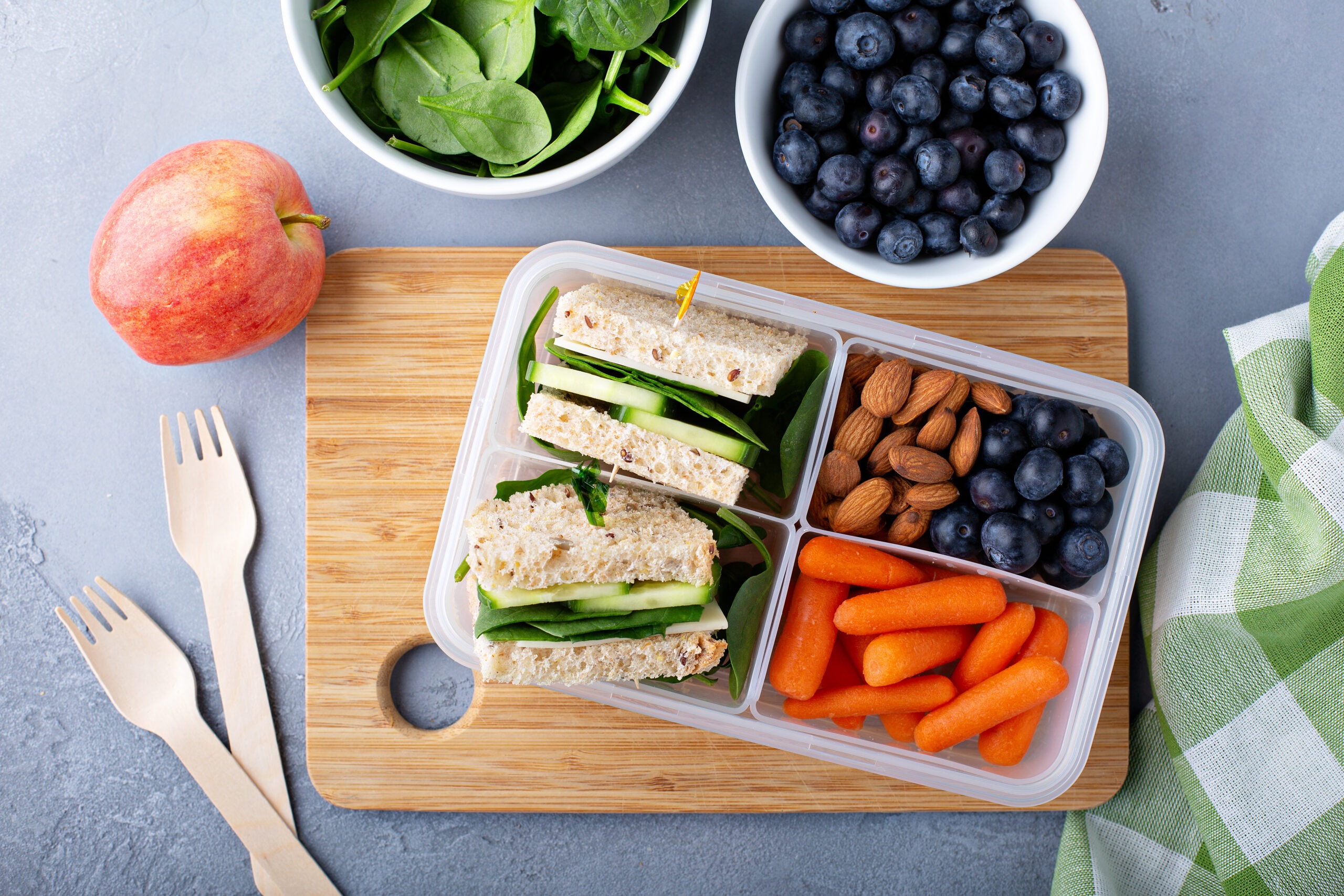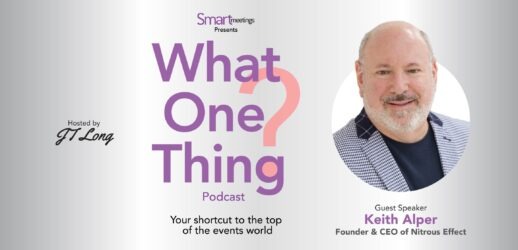10 ways to prepare for a marathon meetings career
Does this sound familiar? You are producing a conference for 3,000 people two time zones away from home over three days and at a certain point in the evening you realize you haven’t eaten since that croissant from the buffet at 7 a.m., you have been on your feet for 10 hours straight and you had a total of 4 hours of sleep between tossing and turning in the hotel room.
How can event professionals make their physical and mental health a priority and still get everything done on the road? We asked meeting producers and travelers Mary Davidson, MBA, owner of EP Events LLC and co-founder of the Event Pros On the Go Retreat, and Logan Clements, owner of Logan Strategy Group. The two co-host Better Events Podcast and know that the struggle is real but have found some creative ways to hack personal wellness.
Time to Plan a Marathon Career Approach
To build a long career that can survive the distance, the two shared hacks for building healthy habits into daily routines, even when traveling internationally. Davidson, who has specialized in purposeful non-profit, community and corporate events over the last dozen years, got to a point where she felt like events were just too physically demanding.
Lifting tables and all the things that have to be done was “a lot on my body,” she realized. She also worried about the mental impacts of long, stressful days. She wanted to make sure she was still able to perform the career she loves for the next 20 years. So, she started thinking about how to operate more sustainably. “It doesn’t have to be this hard and the grueling days shouldn’t be celebrated. We need to set boundaries,” she said.
Read More: Mental Health at Meetings: Engage Your Attendees with Wellness Activities
Clements, who speaks Mandarin Chinese, comes from an athletic background and even show-called the sports presentation at the Tokyo 2020 Olympic Games, heard the complaints from veteran planners talking about the aches and pains they feel after years of being on their feet. She saw a physical therapist for back pain and realized she could start small. She asked for strengthening exercises she could do in 15 minutes if she couldn’t get to the gym. “I knew I had to take action,” she said.
10 Tips for Building Event Resiliency
- Take a Break. Set up a room, or at least pipe and drape a space for a chair where you can go as an alternative to a bathroom stall to take a breath with the walkie-talkie turned off and no one asking you any questions for a few minutes.
- Leave It Behind. Schedule vacations and evenings away from the computer. Your brain can be more agile and creative after having time to decompress.
- Talk It Out. Find people to talk to about the experience so you don’t feel alone.
- Take It With You. Carry a shoulder pack that can hold water, protein bars and other nutrition on-the-go.
- Plan It Out. Arrange months in advance to have hydration stations and warm meals available for crew members in the office.
- Scope It Out. Check gym on site visits and have an alternative available if that is not a good option.
- Walk It Out. Plan to go for a walk for just 10 minutes on the treadmill, then check in with your body. Does it want to go a little harder and longer, if so, do that or lift weights and if not, know that you did something good for yourself. Exercising doesn’t have to be all or nothing.
- Break It Up. Insert bio breaks in the schedule that allow everyone to catch their breath.
- Prioritize Sleep over Socializing. Turn off your racing mind with a wind-down routine by focusing on three things you can hear, three things you can feel and three things you can smell to ground your mind.
- Ship the Comfort. Put together a “home kit” with a familiar blanket or pillow, pictures or a favorite lotion to rub into your feet.
Read More: Heart and Mind: Up the Energy Quotient
Just Do It
Sometimes admitting that we have needs is the first step. As Davidson said, “We don’t need to pretend we are magical somehow and can make it through the day without any sustenance. Sometimes you just got to eat on the go.”
“We don’t need to pretend we are magical somehow and can make it through the day without any sustenance.”
— Mary Davidson, EP Events
Balance can make all the difference. “Moving my body just makes me feel better. It gives me an energy boost of the happy endorphins and starts the day with a checked box,” says Clements. Some days, that is all we need to keep moving forward.
This article appears in the January 2024 and January/February 2024 issues. You can subscribe to the magazine here.




